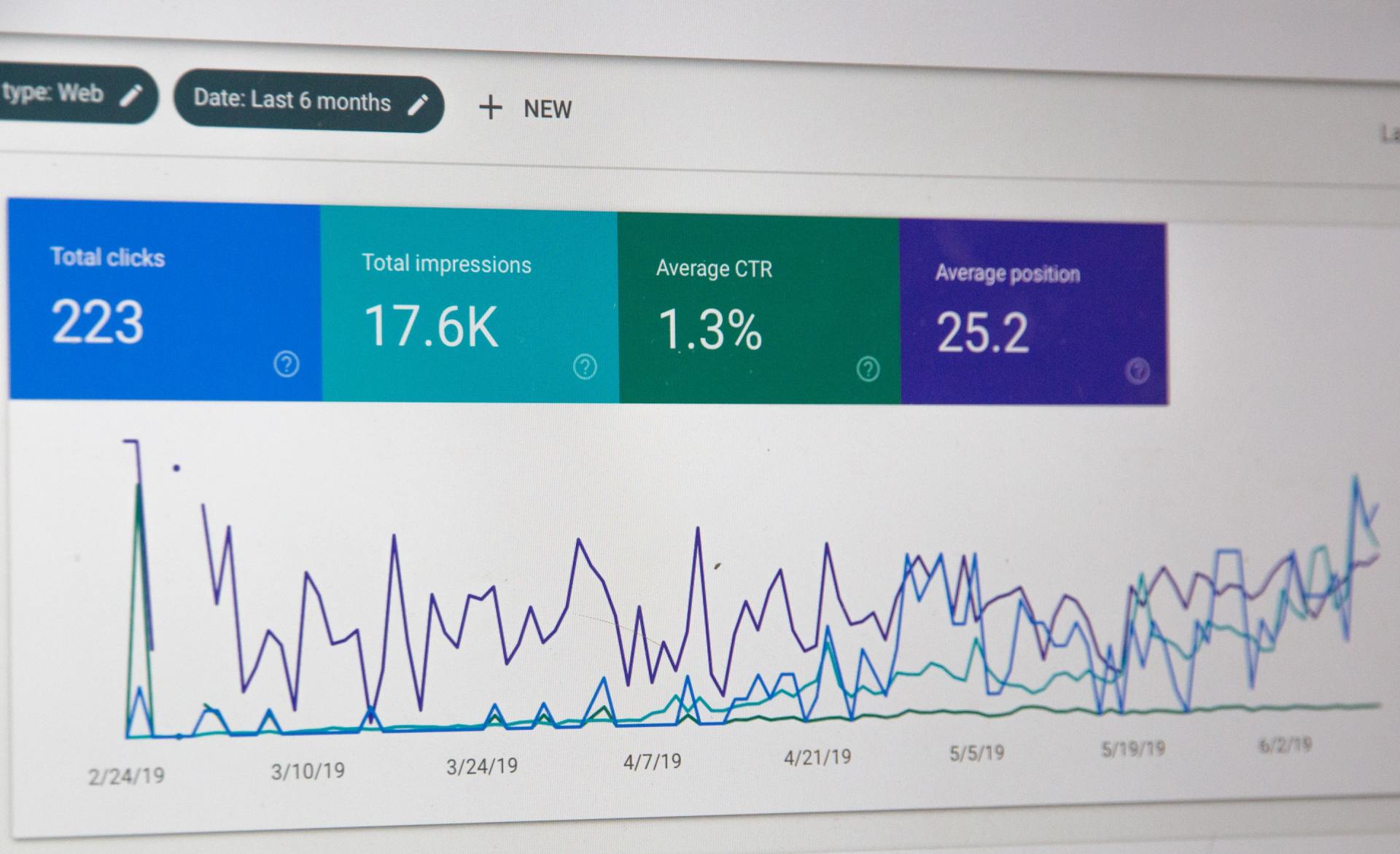The Silent Revolution: Algorithms and American Change
The Unseen Hand: How Algorithms Shape Our World
The unseen hand of algorithms moves steadily and silently, influencing almost every aspect of modern life. Algorithms, which are essentially sets of instructions designed to solve problems or execute tasks, play an indispensable role in shaping the digital landscape. From the content you see on social media to decisions on loan approvals and hiring, their reach is vast and ever expanding.
As we transition deeper into the algorithmic age, it’s vital to unpack the benefits and challenges posed by these technologies. While they offer convenience, efficiency, and groundbreaking potential, they also introduce complex ethical and societal questions. How much control do algorithms truly exert? How can we wield this power responsibly? These are not hypotheticals but pressing challenges with real world implications.
The Filter Bubble Effect: A Personalized Reality
One of the most immediate and pervasive impacts of algorithms is their ability to create a tailored reality for each user. Platforms like Facebook, Twitter (Now X.com), Google, and TikTok use sophisticated algorithms to deliver personalized content. While this approach creates seamless user experiences by ensuring users see the posts, videos, and articles most likely to capture their attention, it can also lead to a filter bubble.
Coined by Eli Pariser in his 2011 book of the same name, this phenomenon cultivates an online environment where users are mainly exposed to information that confirms their preexisting beliefs and biases. Over time, this misinformation isolates individuals, leading to ideological echo chambers.
Implications for Democracy
For society, the implications are grave. As people retreat further into their curated realities, the benefits of reaching a common understanding among people, a cornerstone of functional democracy, are lost. For instance, during major political events like elections, users on opposite ends of the political spectrum may consume entirely different versions of the "truth." These opposing realities create mistrust, deepen polarization, and hamper constructive dialogue. Additionally, misinformation and conspiracy theories spread easily in such isolated environments, often fueled by the very algorithms designed to keep users engaged.
Real World Examples
A notorious example of algorithm-driven polarization is the role of Facebook and YouTube in the spread of QAnon, a conspiracy theory that grew into a global movement. Both platforms used engagement-focused algorithms that prioritized sensational and controversial content, amplifying QAnon rhetoric. By the time tech companies intervened to ban or reduce visibility for QAnon related content, the damage had already been done.
Addressing this problem requires a reimagining of algorithmic design in a way that focuses on how platforms prioritize content, and redesigning user controls to allow individuals to adjust their information diet. Lastly, promoting media awareness and literacy empowers users to think more deeply about the content they consume.
The Job Market and the Rise of Algorithmic Hiring
In the job market, algorithms are increasingly used in the hiring process to streamline interviews and employee onboarding.
AI-driven tools scan resumes, conduct initial candidate screenings, and even evaluate video interviews for traits like enthusiasm or leadership potential.
Opportunities and Risks
On the positive side, algorithmic hiring can streamline workflows, reducing the time and resources spent on recruitment. A company receiving thousands of applications can quickly identify candidates whose skills match the job description, ensuring no resumes are overlooked. Such efficiency is invaluable in a fast-paced global economy.
However, the risks are not to be ignored. The algorithms powering these systems are not perfect they inherit biases present in the data used to train them. A great example is Amazon’s now infamous AI recruiting tool, scrapped in 2018. The system demonstrated bias against female applicants, reflecting historical data where male candidates dominated certain tech roles
Impact on Diversity and Inclusion
Unconscious bias in algorithms can undermine diversity and inclusion efforts. For example, systems that prioritize keywords or specific universities may disadvantage candidates from underrepresented backgrounds or those with non-traditional career trajectories. As organizations increasingly rely on such systems, the lack of transparency in algorithmic decision-making can make it difficult for applicants to understand why they were rejected, adding another layer of inequity.
To address these concerns, it’s critical to prioritize accountability in AI hiring tools by employing thorough auditing and compliance checks as standard practice, ensuring that systems align with fairness and anti-discrimination principles.
The Surveillance Society: Privacy in the Age of Algorithms
All online interactions, from purchases to searches, feed data directly into algorithms that track and dissect our behaviors. While this data collection exercise enables businesses to create personalized services, it also raises significant concerns about privacy and surveillance.
The Power of Data Collection
Tech companies argue that data collection drives innovation and personalization, but critics highlight the intrusive nature of such practices. A good example is how Google Maps requires location access to provide navigation services, yet the same data could be used to track user movements for targeted advertising.
Beyond commercial applications, the surveillance potential of algorithms extends to governments. In dictatorship governments, algorithmic surveillance has been weaponized to monitor and suppress democracy. China’s social credit system, for example, tracks and scores citizens’ behaviors, from online activity to jaywalking, impacting access to opportunities or services.
Legislation and Consumer Advocacy
To safeguard privacy, stronger regulations are essential. The European Union’s General Data Protection Regulation (GDPR) sets an example, providing consumers with more control over their data and requiring transparency from companies. However, more international involvement is needed to create a uniform standard.
Individual awareness and advocacy also play a role. Simple steps like using privacy focused browsers (e.g., DuckDuckGo), enabling encryption tools, and supporting data rights organizations can empower citizens to reclaim control over their information.
The Ethical Implications of Algorithmic Decision Making
Algorithms now make decisions that significantly affect human lives. Whether determining eligibility for a mortgage, assessing risk in criminal sentencing, or diagnosing diseases, these systems wield enormous power. While they can improve efficiency and reduce human error, their reliance on unclear processes raises serious ethical questions.
The Challenge of Bias
Algorithmic bias, stemming from flawed training data, is a critical issue. For example, predictive policing algorithms, used in cities like Los Angeles and Chicago, have been criticized for targeting minority communities. These systems often rely on historical crime data that reflects systemic inequality, perpetuating a cycle of over policing.
Need for Transparency
Algorithmic systems frequently operate as "black boxes," making it challenging to analyze their decision making processes. This lack of transparency undermines accountability and creates an environment where it’s difficult to challenge unjust outcomes. Efforts like the AI Now Institute's advocacy for algorithmic accountability propose mandatory audits, public impact assessments, and the right to contest automated decisions.
The Socio-Economic Divide: Algorithms and Inequality
One aspect that is often overlooked when developing algorithms is the risk of potentially widening the poverty gap. Algorithms mostly benefit those with access to technology, creating a digital divide. Low income individuals, who may lack digital knowledge or stable internet access, risk being excluded from algorithm driven advancements.
Let’s take a look at education. Algorithmic tools like adaptive learning platforms can enhance teaching outcomes for well-funded schools but remain inaccessible to under-resourced districts. Similarly, access to credit-scoring algorithms can enable wealthier individuals to secure loans easily while sidelining economically disadvantaged groups due to a lack of robust credit history.
Addressing this divide requires ensuring fair access to technological infrastructure and designing inclusive algorithms that recognize diverse socio economic realities.
The Future of Algorithms: A Call for Responsible Innovation
As algorithms continue to evolve, society must address their dual edged potential. These technologies could solve complex global challenges, from climate modeling to personalized medicine, but they could also create more inequality if left unchecked.
Transparency, Accountability, and Oversight
Building ethical algorithms requires transparency, accountability, and oversight at every stage of development. Organizations like OpenAI advocate for open research, enabling cross sector collaboration to address emerging challenges. Additionally, implementing algorithmic ethics boards within businesses could ensure alignment with societal values.
Collaboration Across Stakeholders
Innovation cannot occur in isolation. Policymakers, technologists, and civil society must collaborate to draft regulations that balance innovation with the public good. For instance, initiatives like the EU’s proposed AI Act aim to establish risk based frameworks for algorithmic systems, ensuring critical applications meet stringent ethical standards.
Key Questions for the Future
As we navigate the algorithmic age, several questions require sustained attention:
- Equity and Fairness: How can algorithms be designed to minimize bias and ensure fair outcomes across diverse populations?
- Ethical Oversight: What frameworks can be instituted to govern the use of algorithms in sensitive areas like healthcare, law enforcement, and education?
- Data Privacy: How can individuals retain ownership of their data in a landscape dominated by corporate interests?
- Public Awareness: What strategies can demystify algorithms for the general public, fostering informed engagement?
- Global Cooperation: How can countries align their laws to address the different challenges posed by algorithms?
Algorithms aren’t a mythical idea waiting in the future, they are here now and they are a reflection of what we put into them. As they continue to reshape our lives, confronting the ethical, societal, and political questions they pose can help us steer this revolution toward a future that prioritizes human flourishing. The choice lies in whether we design algorithms for the collective good or allow their unchecked power to define us. The time to act is now.











